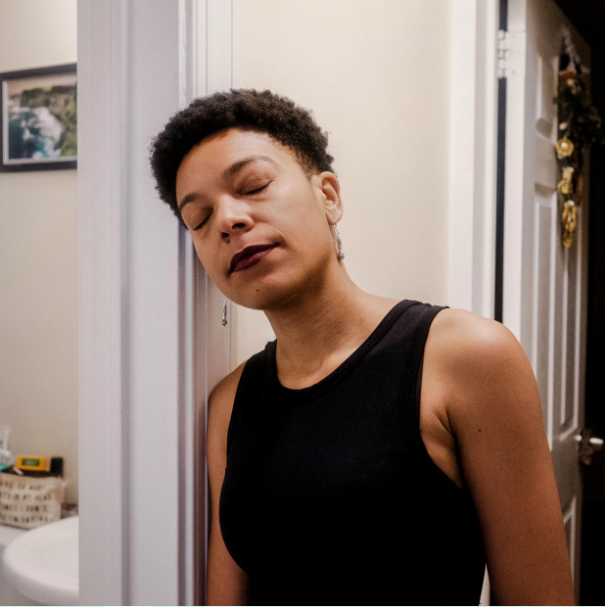Healthy
Undiagnosed depression in cancer patients is one of the biggest gaps in treatment

Depression, anxiety and other psychiatric conditions often go undetected and undiagnosed in patients. The neglect takes a significant toll on survival.
Simone Webster always struggled with her emotions and mood swings. But the floodgates really opened last year when she was diagnosed with breast cancer at 31 years old. “There must have been something I did,” said Webster, her eyes watery. “What did I do to cause this?”
The depression came in waves, a deep hopelessness overwhelming Webster, now 33, and making her feel like she needed to escape reality. “There’s so much you lose,” Webster said, including her right breast, her boyfriend and her chance of having kids. “It feels really dumb to feel hopeful.”
About a third of cancer patients struggle with depression, anxiety and other psychiatric disorders, although these conditions often go undetected and undiagnosed. Kristin Kilbourn, a clinical psychologist at the University of Colorado Denver, said oncologists often don’t want to open up this “can of worms,” not to mention that mental health has long been deprioritized, with health care centers losing money caring for psychiatric patients.
But this neglect comes at a significant cost, with mortality rates up to 39% higher among cancer patients with depression when compared to those without mental illness. Research also shows that the risk of suicide is 13 times higher in the week following a cancer diagnosis — and three times the average even a year later.
As Webster knows well, cancer’s toll isn’t limited to the body; it wages war on the mind too. While physicians and cancer centers have slowly increased mental health services, it’s often up to patients to fill in gaps in care by advocating for themselves and proactively seeking out mental health support.
“Your oncologist is not going to identify your mood swings for you,” Webster, of Washington, D.C., said. “They don’t know if you’re having suicidal ideation or depressed unless you tell them.”
How are cancer and mental illness linked
Fear and sadness are normal reactions to a cancer diagnosis, said Dr. Santosh Rao, an oncologist at University Hospitals in Cleveland, but clinical depression and anxiety are distinct. “It’s having a lack of interest in the things you like, changes in sleep patterns and food, potentially panic attacks” over a prolonged period and with a significant impact on daily life, he said.




